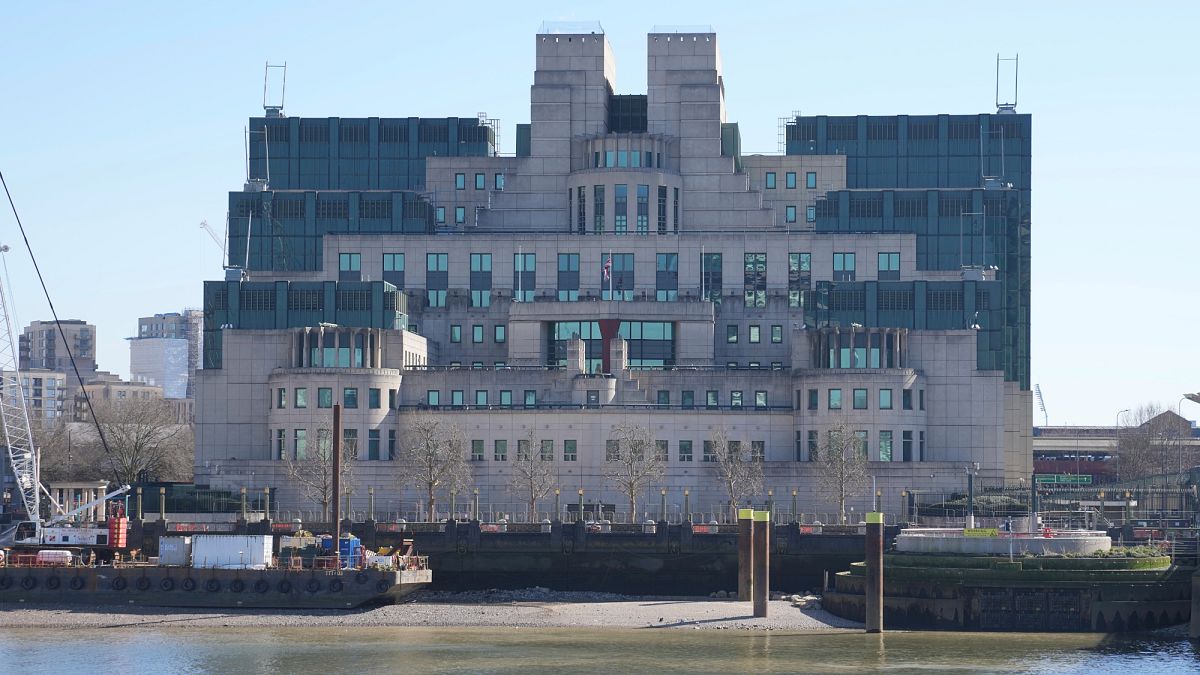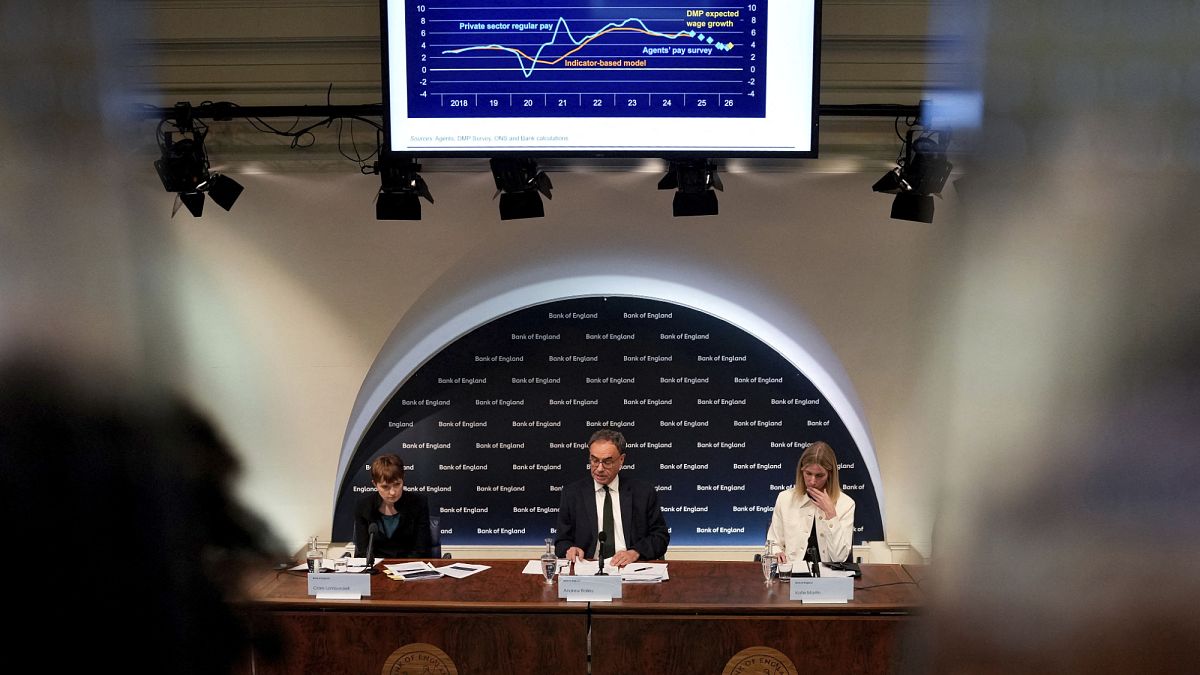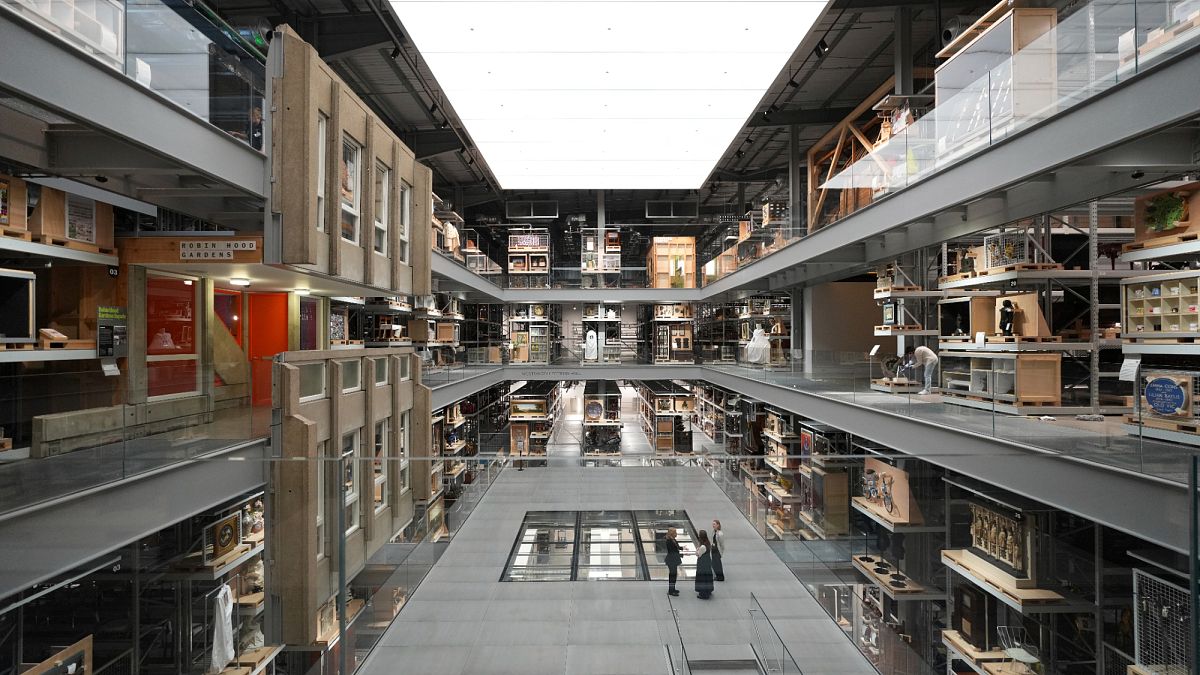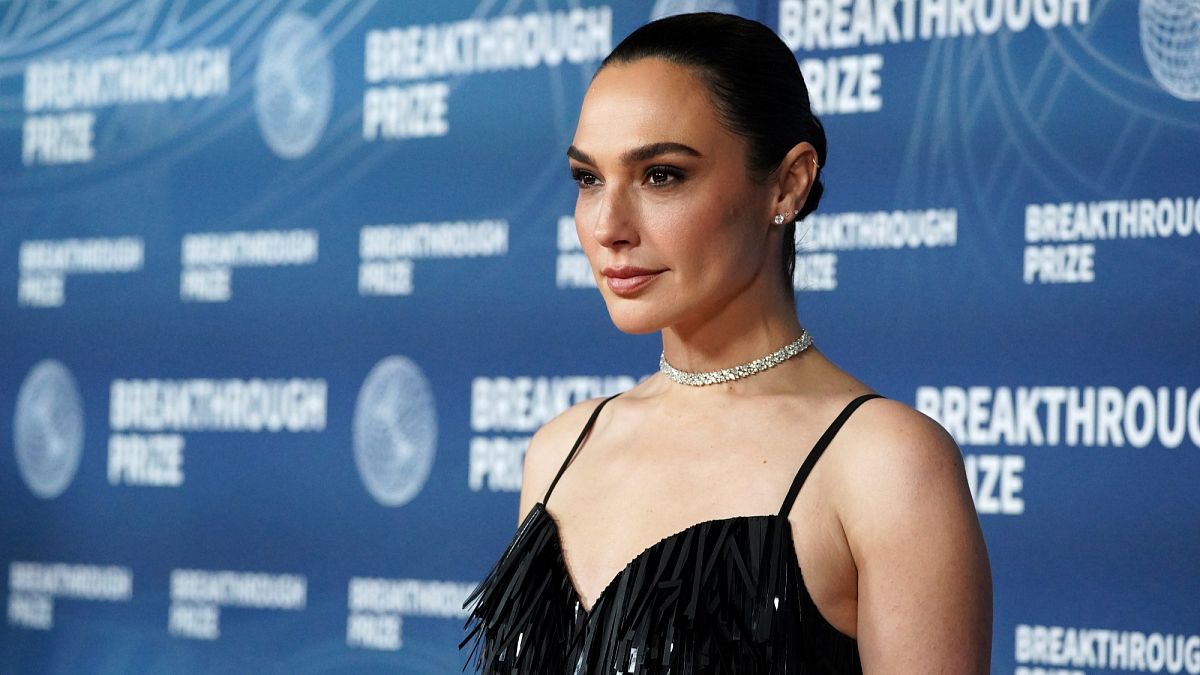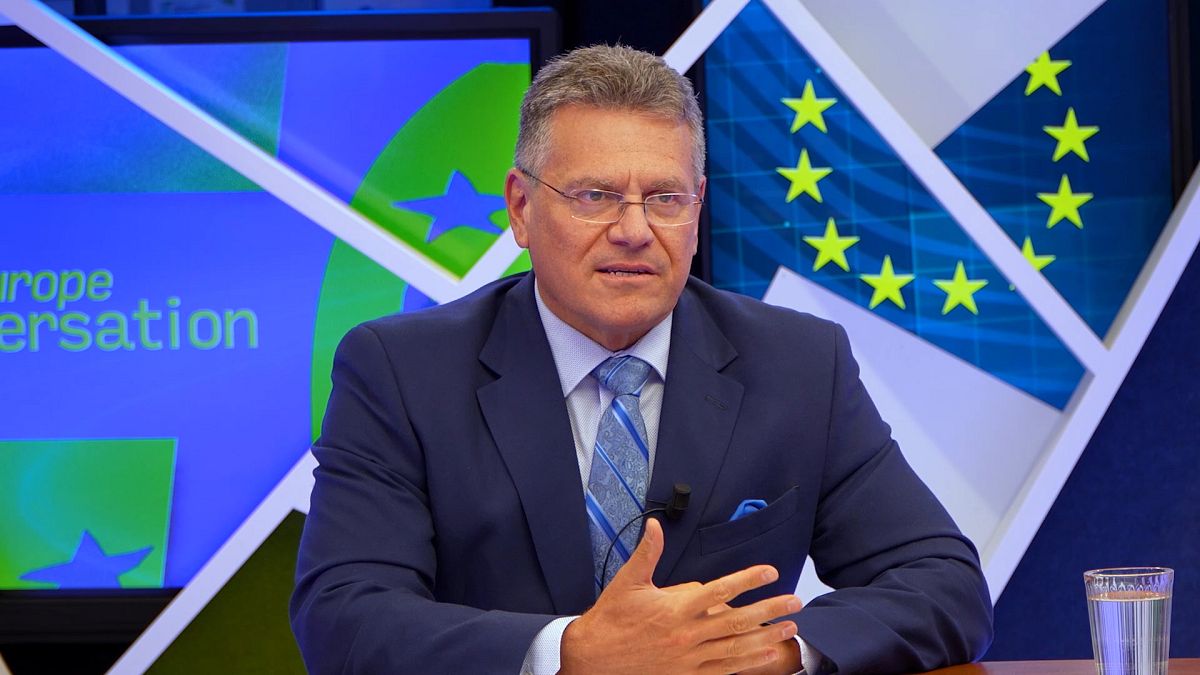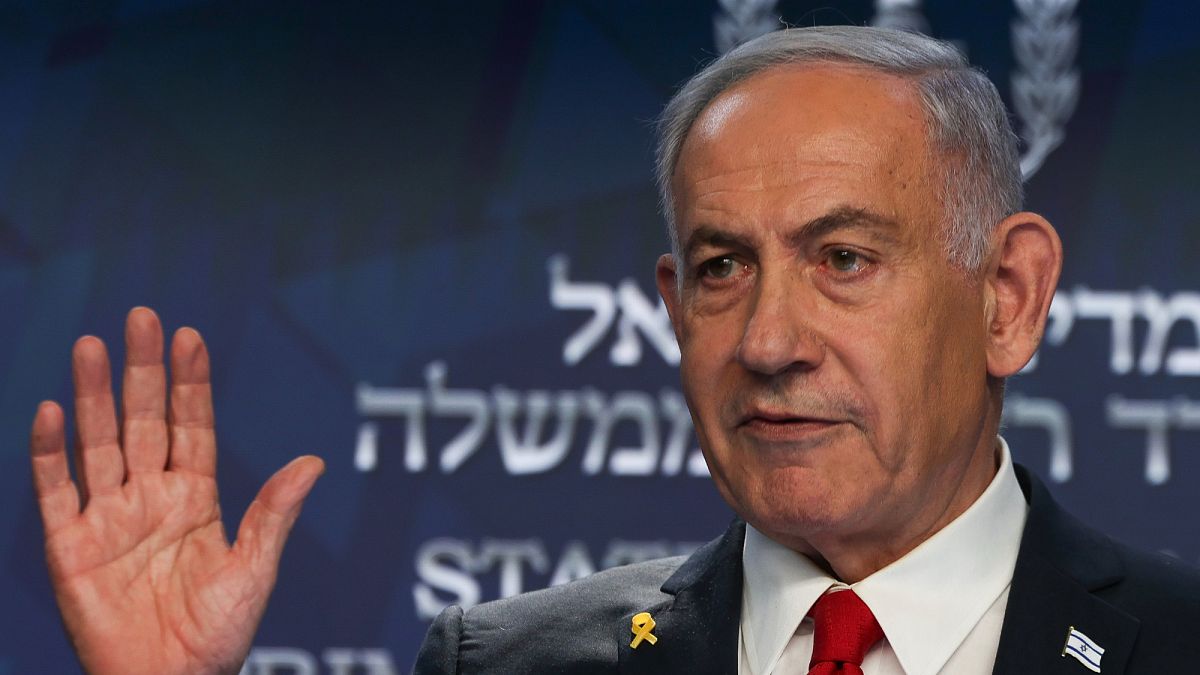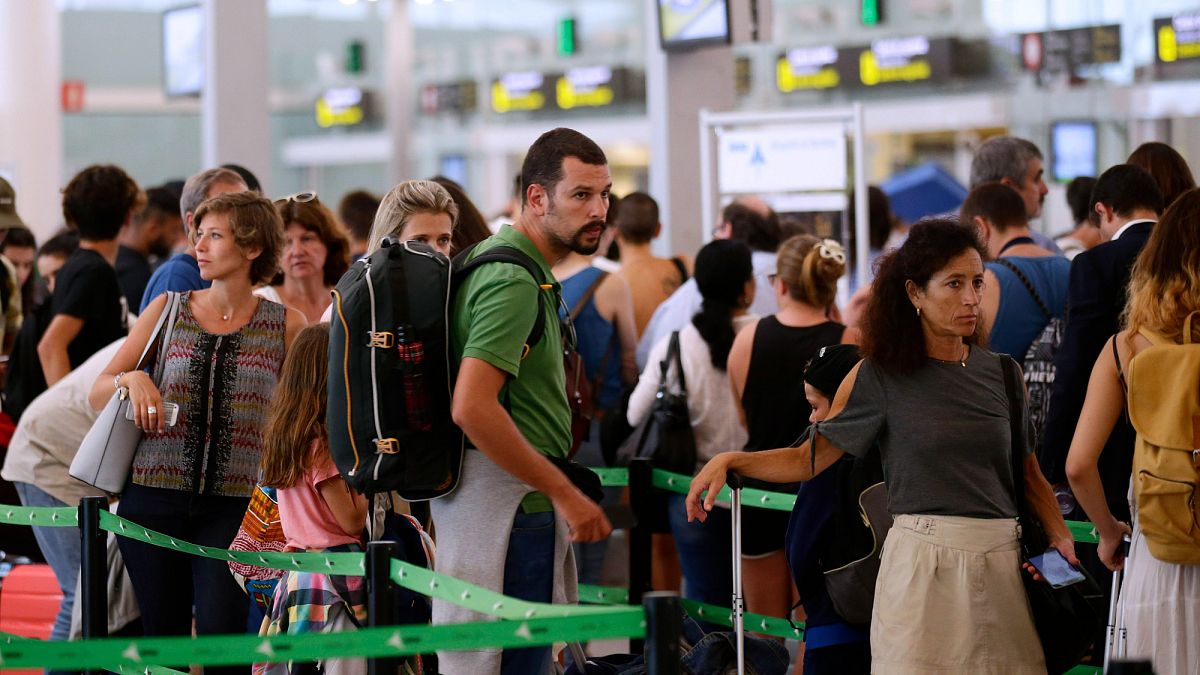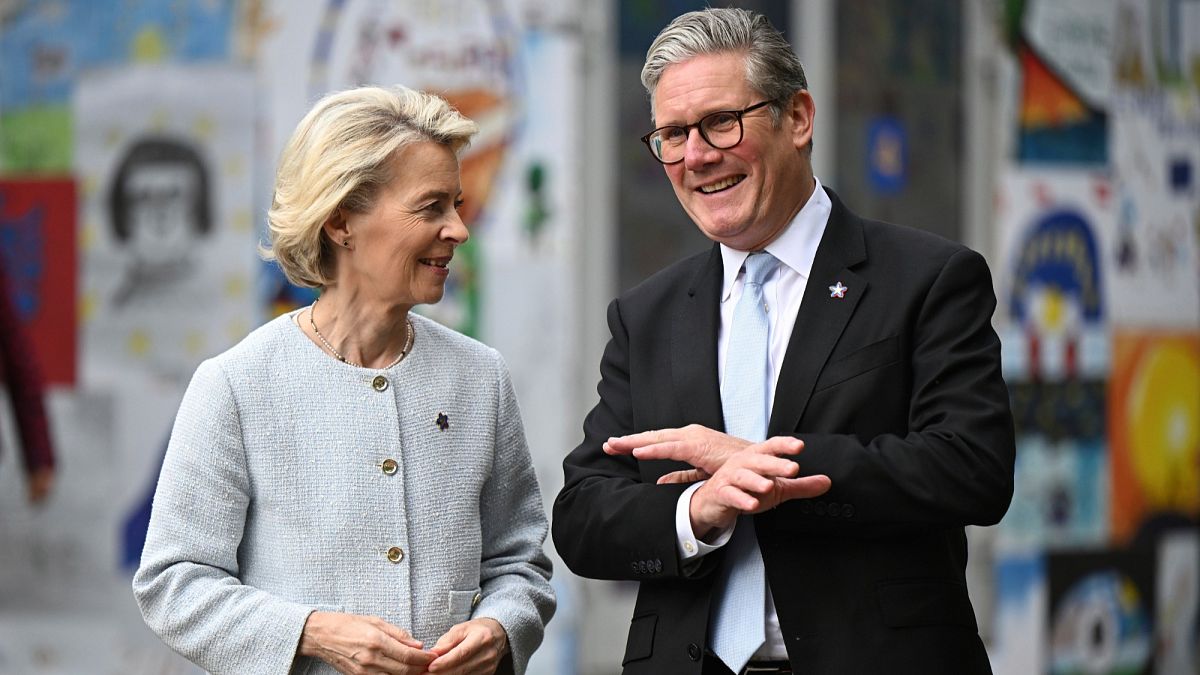Defender of “the” faith? Charles is a new kind of religious royal
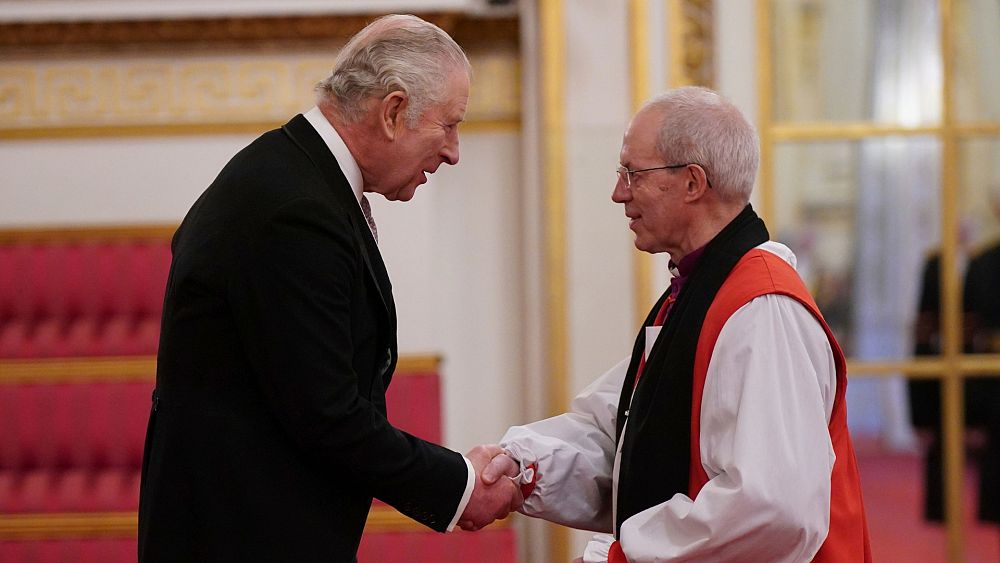
In the run up to his coronation, King Charles’ comments from the 1990s about the sovereign’s role in supporting diverse faiths came under scrutiny. Now, many will be eager to see if he practices what he preached.
Long before he became the sovereign, King Charles III spoke about creating a “modern monarchy”. Since Queen Elizabeth II’s death on 8 September 2022, Charles has reiterated that idea with talk of slimming down the monarchy by removing superfluous members from the royal payroll. Beyond that, one of the most significant changes Charles has presided over is to the Crown’s relationship with religion.
Ever since King James IV of Scotland was proclaimed “Protector and Defender of the Christian Faith” by Pope Julius II in 1507, British monarchs have taken the title “Defender of the Faith” in differing forms, all of which after Henry VIII as the head of the Anglican Church.
For hundreds of years, this has gone on undisturbed. England has been majority Anglican since Henry VIII, going some way to justify the title. However, for much of the British Empire, the number of Hindus and Muslims under British rule would far outnumber that of Protestants.
Losing faith
Today, Britain is a far different picture. Last year, census results revealed that in England and Wales, Christianity was still the largest single religious group, but – for the first time – was no longer the faith of the majority of the population, at 46.2 per cent of the population. That figure was 71.8 per cent 20 years prior.
Part of the reason for the reduction in Christianity in the UK is down to an increased diversity of religions with more Muslims, Hindus and Sikhs in the country. That increase pales though in comparison to the increased number of people identifying with no religion.
Suffice to say, the religious picture of the country Charles is inheriting is vastly different to the one his mother did.
The principal leader of the Anglican Church, the Archbishop of Canterbury Justin Welby play a central role in the Charles’ coronation, however other non-Anglican Christian leaders also had prominent parts to play in the ceremony, as well as non-Christian religious leaders.
The original “Defender of Faith” idea
Into her later years, Elizabeth II maintained the importance of her personal Anglican faith to her life. In contrast, Charles has a long history of a broader approach to his religious interests. Charles first suggested that he should be the “defender of faith” as opposed to the “Defender of the Faith” in 1994, stirring controversy.
Charles later noted that he had not intended to imply that his mother’s approach was as a defender to the exclusion of other faiths. In 2012, the Queen herself said: “The concept of our established Church is occasionally misunderstood and, I believe, commonly under-appreciated. Its role is not to defend Anglicanism to the exclusion of other religions. Instead, the Church has a duty to protect the free practice of all faiths in this country.”
Although Charles has spoken on multiple occasions to clarify what he meant by his “defender of faith” comments, any question of whether he would make the alteration to the title was put aside during his accession.
Making his oath to the Church of Scotland, he said the following:
“I, Charles III, by the grace of God of the United Kingdom of Great Britain and Northern Ireland and of my other realms and territories, King, Defender of the Faith, do faithfully promise and swear that I should inviolably maintain and preserve the settlement of the true Protestant religion as established by the laws made in Scotland in prosecution of the Claim of Right and particularly by an act intituled an act for securing the Protestant religion and Presbyterian church government and by the acts passed in the Parliament of both kingdoms for union of the two kingdoms, together with the government, worship, discipline, rights and privileges, of the Church of Scotland.”
A forward thinking religious royal
At a meeting of faith leaders shortly after his mother’s death and his accession to the throne, Charles spoke more specifically of his approach to protecting faith in the UK.
“I have always thought of Britain as a ‘community of communities.’ That has led me to understand that the Sovereign has an additional duty – less formally recognized but to be no less diligently discharged. It is the duty to protect the diversity of our country, including by protecting the space for Faith itself and its practise through the religions, cultures, traditions and beliefs to which our hearts and minds direct us as individuals,” Charles said.
“This diversity is not just enshrined in the laws of our country, it is enjoined by my own faith. As a member of the Church of England, my Christian beliefs have love at their very heart. By my most profound convictions, therefore – as well as by my position as Sovereign – I hold myself bound to respect those who follow other spiritual paths, as well as those who seek to live their lives in accordance with secular ideals.”
He finished with a dedication to his mother. “This conviction was the foundation of everything my beloved mother did for our country, over her years as our Queen. It has been the foundation of my own work as Prince of Wales. It will continue to be the foundation of all my work as King.”
Source: Euro News


